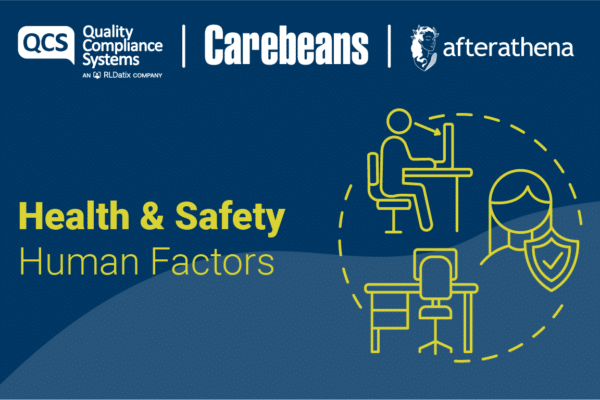 There is an increasing provision of dental implants in General Dental Practice. All for good reasons, as we know that this is the procedure of choice for replacing a tooth. Unlike a bridge which further damages dental hard tissue, or a denture which is a risk to the periodontium. There are also situations when an implant replacement is preferable to endodontically prolonging the life of a tooth, with a better long term prognosis. However, look out! As an Expert Witness, I am also seeing an increase in litigation concerning implants and a rise in complaints.
There is an increasing provision of dental implants in General Dental Practice. All for good reasons, as we know that this is the procedure of choice for replacing a tooth. Unlike a bridge which further damages dental hard tissue, or a denture which is a risk to the periodontium. There are also situations when an implant replacement is preferable to endodontically prolonging the life of a tooth, with a better long term prognosis. However, look out! As an Expert Witness, I am also seeing an increase in litigation concerning implants and a rise in complaints.
Information, Information, Information
Refer to your QCS Policies on Treatment Planning and Consent, and you will see the need to explain all the choices for treatment along with benefits and risks. To do this well, you need to have an intimate knowledge of the procedures you are talking about. The first problem is summing up what the choices are! Is a tooth restorable? If so, what is the prognosis? If not, what are the alternatives? If you are offering implants, or a referral, what is the prognosis for an implant in that individual situation?
As a rule, the chances of an implant succeeding have been quoted as around 90-95%. However, this is because we talk in five year survival rates. There is increasing evidence that the longer term success for an implant is much less, with one in three failing before fifteen years, according to Dr Liran Levin, head of research at the School of Dental Medicine at the Israeli Institute of Technology in Haifa. This is all information that patients need before spending their hard-earned income. Without this discussion, there would not be `informed consent` to the procedure.
Patient Selection
I know from hard experience that it is easy to give in to pressure from patients to give them their preferred treatment, even if my warning alarms are going off like mad. The patient who begs you to replace a denture with implants, even when you know the level of oral hygiene is lacking, is going to be the nightmare complaint of the future. Bone levels and positioning are critical too, measure objectively and with regard to the patient`s aesthetic wishes. Cases I have seen recently have nearly all involved a poorly positioned implant and/or crown.
Training, Training, Training
Training, experience and mentoring are more important than a piece of paper saying you have completed a course. Most problems occur because practitioners have got out of their depth. To continue the metaphor, don`t swim too far at first and keep grounding yourself by seeking supervision with someone more experienced.
Safety net
One final bit of advice. Contact your defence insurers to check exactly what you are covered for. Each provider has different rules on this and it is easy to get caught out. If there is a complaint, I can promise that you will want someone on your side!






